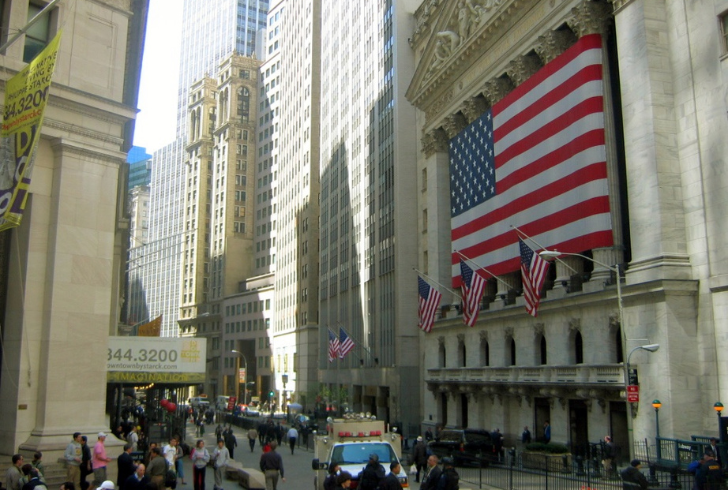Retirement savings should represent safety and security — money set aside to provide stability after decades of work. The design of a 401(k) or pension is simple: grow steadily over time with low costs and predictable returns. Yet, Wall Street has its eyes on this nest egg, pushing private equity into retirement accounts with the backing of political allies.
The idea sounds harmless on the surface, but the reality is far riskier. When private equity firms step into retirement plans, savers are pulled into a financial game where transparency is scarce, fees are steep, and outcomes often tilt in Wall Street’s favor.
What Private Equity Really Means
Private equity operates by pooling money from large institutional investors — universities, pension funds, and insurers — to acquire companies, restructure them, and then sell them for profit. On paper, it promises growth. In practice, many businesses end up burdened with heavy debt, stripped of long-term stability, and pushed into bankruptcy.
Household names tell the story. “Toys ‘R’ Us,” Payless ShoeSource, and Sears are only a few of the companies that collapsed after private equity buyouts. While the executives walked away with massive payouts, employees and communities were left behind.
Why Wall Street Wants Retirement Accounts

Freepik | As large investors abandon private equity, Wall Street is seeking to fill the void with individual retirement funds.
For years, institutional investors fueled private equity deals. But after seeing weak returns, high fees, and questionable valuations, many big players are stepping away. That leaves a $12.4 trillion target: individual retirement accounts. Ordinary workers represent a steady pool of capital, and Wall Street wants to tap into it.
Federal regulators are now under pressure to loosen rules, opening the door for retirement plans to funnel money into private equity funds. This shift hands Wall Street access to individual savings accounts that were designed to be low-risk and transparent.
The Cost of Playing in Wall Street’s Casino
Traditional index funds charge minimal fees, often less than half a percent. Private equity flips that model upside down. Investors face 2 percent management fees annually plus 20 percent of profits. Added layers of “monitoring fees” and “transaction fees” only increase the drain.
Unlike the stock market, where daily valuations are clear, private equity firms set their own numbers. Retirement balances may look stable on paper even as underlying investments falter. On top of that, money is locked up for years, making it inaccessible during emergencies.
The structure is designed so that firms win regardless of investor outcomes. Fees flow to executives whether the investment grows or shrinks, leaving retirement savers exposed while Wall Street collects its cut.
Why Risk Doesn’t Belong in Retirement Savings

en.wikipedia.org | Wall Street is weakening regulations to let private equity firms into retirement funds.
The premise of retirement investing should be predictability: low fees, broad diversification, and steady long-term growth. Private equity offers the opposite — risk, opacity, and inflexible terms. Those seeking security in retirement rarely ask for investments that are more volatile, less transparent, and more expensive.
Wall Street’s influence in Washington, however, has tilted the playing field. By weakening long-standing protections, regulators are making it easier for private equity firms to slip into retirement accounts. The push benefits billionaires and executives, not the savers who depend on these funds to sustain their future.
Protecting the Golden Years
Retirement security should not hinge on whether Wall Street lands another deal. When savings are exposed to private equity, the guarantee of a comfortable retirement becomes less certain. The evidence from past corporate collapses shows that the gamble often ends badly for workers while enriching a select few at the top.
The safest path remains the simplest: transparent investments with modest costs that grow steadily over time. Retirement is not the place for a high-stakes wager. Allowing Wall Street to gamble with these savings risks turning decades of careful planning into a dangerous bet that only the house is guaranteed to win.
